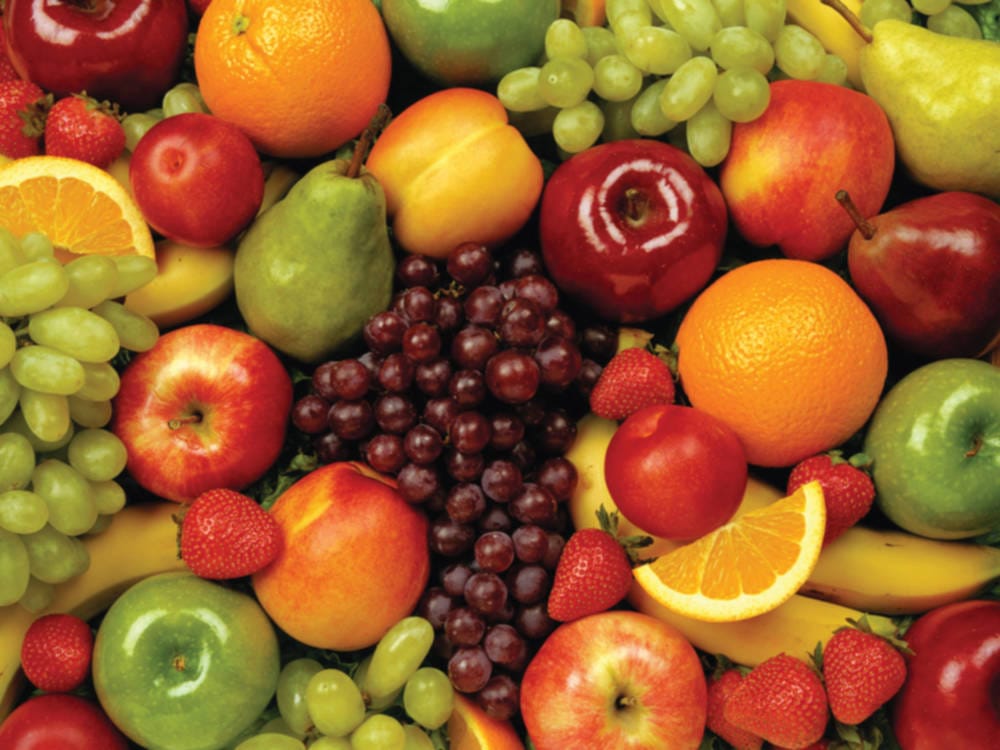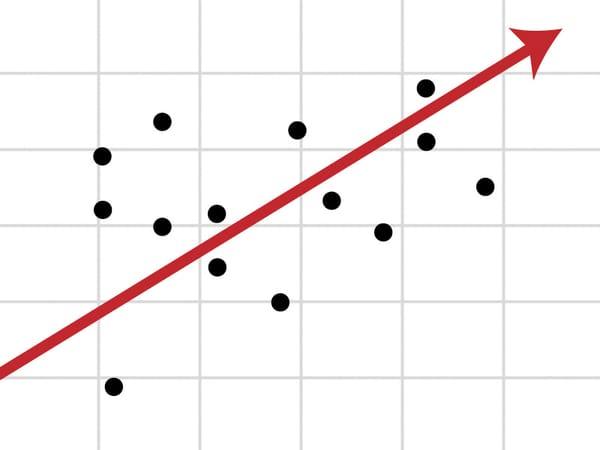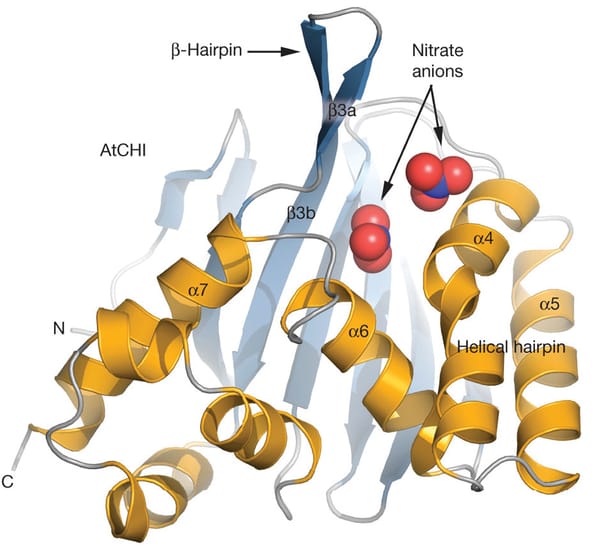Sugar and the brain
Zara Shubber looks at scientists’ warnings that high fructose diets may be detrimental to memory

Scientists have warned students preparing for exams that eating sugary desserts makes you stupid.
Scientists have known for a long time that sugar makes you fat. But now a group of neuroscientists in California believe that a sugary diet also slackens the brain, harms the mind’s ability to absorb knowledge and disturbs memory.
The scientists believe that eating fish and flaxseed oils can minimise this damage, which is caused by a high fructose diet.
Fructose is a simple sugar naturally found in fruit. However, the type of fructose found in fruit is not harmful because of the high level of antioxidants also found in fruit.
By contrast, the fructose found in preservatives and sweeteners like High Fructose Corn Syrup is often injected into food and drink with no nutrients or antioxidants, such as fizzy drinks, condiments and other processed foods.
Many blame the introduction of High Fructose Corn Syrup onto the food market on President Richard Nixon, whose war on poverty led him to seek cheaper, sweeter and more easily transportable sugar than normal table sugar.
Although a high fructose diet is well-known for its harmful effects on the body, leading to diabetes and obesity, the Californian study is one of the first to suggest that it may also harm learning and brain function.
Four groups of rodents were fed a standard rat feed for one week prior to the experiment, which was conducted at the University of California and published in The Journal of Physiology in May.
The rodents were also trained to navigate a complex maze that only had one exit. The rats were able to locate and remember the exit using a series of visual cues or signposts scattered throughout the labyrinth.
An ordinary rat will learn to locate the exit, travelling directly there, after four or five attempts.
After this initial training phase, the researchers continued to feed one group of rodents the normal rat feed. Another group received the rat feed but also received fish and flaxseed oils, which are a source of omega-3-fatty acids.
The final two groups of rodents were given a high fructose diet. One of these groups received additional omega-3-fatty acids along with their new fructose-enhanced feed.
Six weeks later, all four groups were returned to the maze. The rats that were fed a high fructose diet fared the worst, taking the longest to find their way out of the maze. By contrast, those who ate the normal rat feed that had been supplemented with omega-3-fatty acids navigated the maze faster than any other group.
After the challenge, the scientists dissected the rats’ brains to look at the effects of the different diets on the brain cells.
They found that the brains of the rats that were fed a high fructose diet displayed signs of insulin resistance, a well-known culprit of obesity and diabetes. Again, this resistance was greatest in rats that didn’t receive the fish and flaxseed oils.
The neuroscientists who worked on the Californian rat study advise students gearing up for exams to skimp on dessert to improve their brain’s ability to absorb knowledge.
But, if the temptation to eat sugar proves too powerful, they also recommend eating more omega-3 in order to boost the brain’s function.
Gomez-Pinilla, the lead researcher, recommends taking a gram per day of omega-3 by eating fish, flaxseed oil or fish oil supplements.
“It’s like saving money in the bank. You want to build a reserve for your brain to tap when it requires extra fuel to fight off future diseases,” he said.







